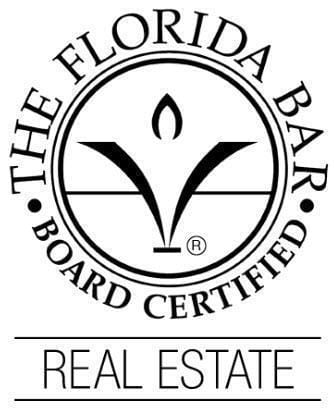The closer you get to retirement, the more you may question whether your nest egg is large enough or if you’ll need to find a supplementary income. For many Floridians, the answer is that they would rather add to their income than live on tighter budgets, and a good number of them end up investing in rental properties.
According to Forbes magazine, the Sunshine State ranks among the best places in the nation to buy rental properties. This owes to a mix of high renter interest, low property prices, low taxes and reasonable insurance rates. If all goes well, you can find a property, buy it and fill it with tenants in short order, but there are a few things you should know before you get started.
Know your rights – and those of your tenants
Renters have protections under federal and state laws, and some cities or counties may add their own provisions. You should know the laws well enough to uphold your responsibilities, and you should know how to use a rental agreement to clarify any other expectations, including whether you’ll allow pets, what modifications the tenant can make to the property and who’s responsible for certain repairs.
You want to pick good tenants
Screen your potential tenants carefully. Your tenants are the people who’ll be helping to fund your retirement, so you want to know they can hold steady jobs. Your tenants can also add to the value of your property or detract from it, depending whether they make it easier to hold full occupancy. As much as possible, you want tenants who’ll add to a positive sense of community.
You need to budget carefully
The goal is to generate a monthly income that keeps you ahead of the expenses from your mortgage, insurance, improvements and repairs. So be realistic. As the Orlando Sentinel wrote in 2018, you should expect to pay thousands of dollars on repairs. Failing to account for those repairs can easily put you off-target. You’ll also want to plan for vacancies and understand how they’ll affect your numbers.
Good property goes a long way
Since your rental property is an investment, it pays to look for places where the startup costs are low, the demand is high and the future looks bright. Even if you can’t run your rental property in one of the best market cities, you can still look for attractive neighborhoods. Remember to pay attention to zoning laws, as well as any homeowners’ associations that might restrict your rental.
There are always risks
Florida’s rental market may be strong right now, but investors always face risk. Your risks may include the destruction of property and lawsuits filed by tenants who feel you violated their rights. There are other risks, too, and you’ll want to give thought to how you’ll form your business. Should you run it as a sole proprietorship to keep your paperwork down, or should you form an LLC to protect your personal assets? There are pros and cons to all the different options, and you’ll want to explore them carefully.
Do the work up front to enjoy the benefits down the road
Renting is a business, but it doesn’t have to be a busy one. If you do enough work up front, you’ll put yourself in a better position to reap steady rewards with minimal effort.




